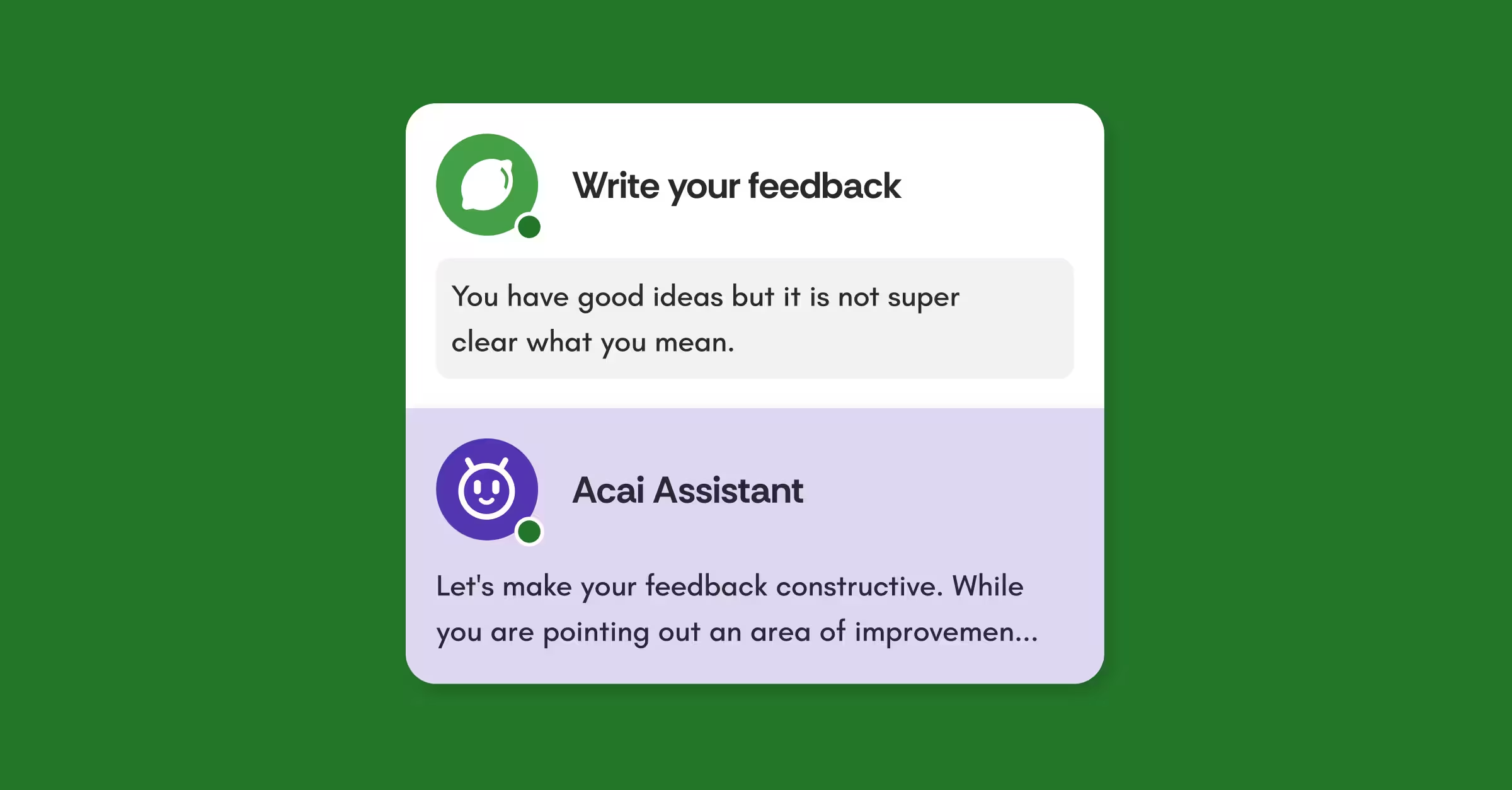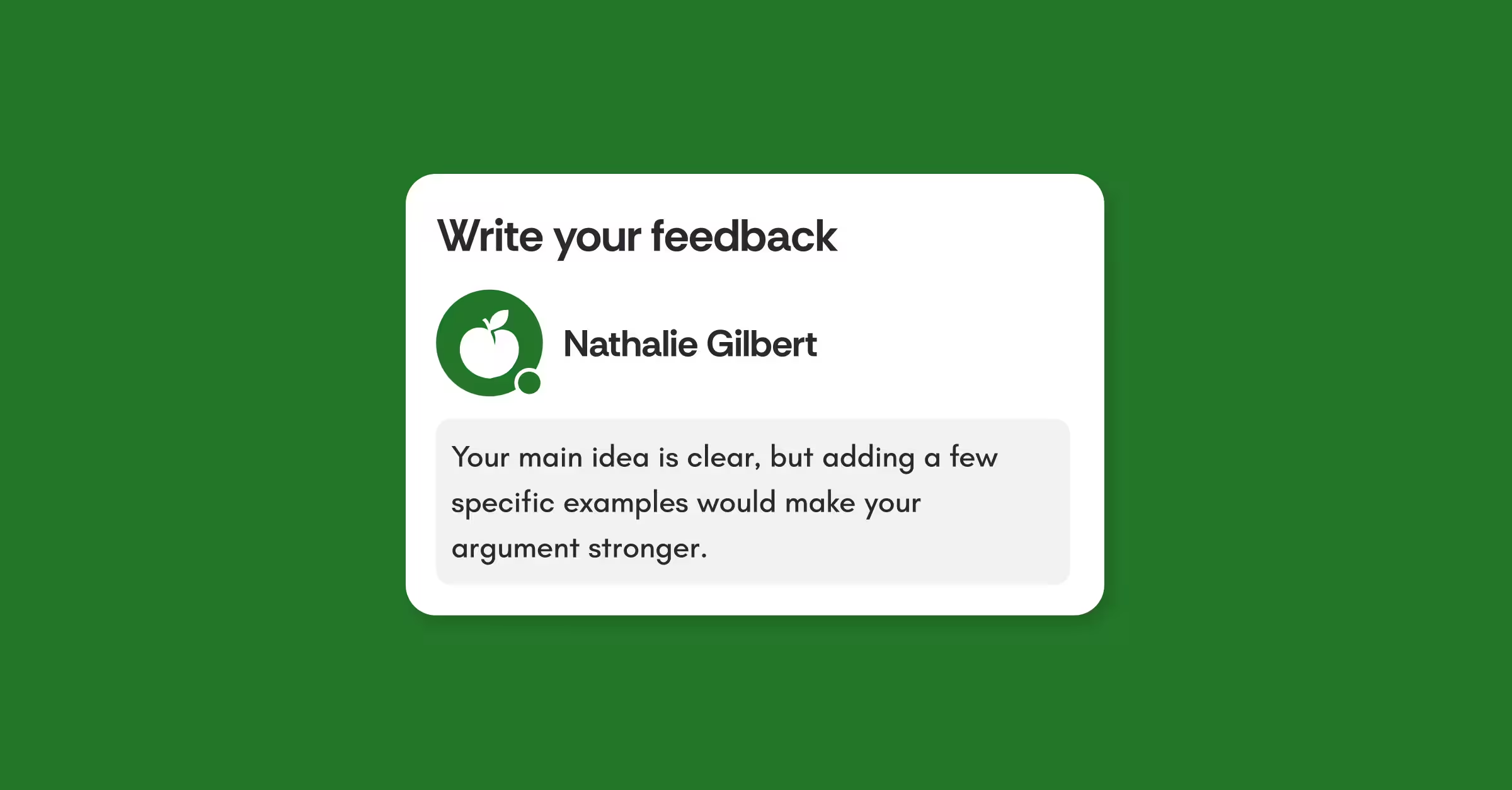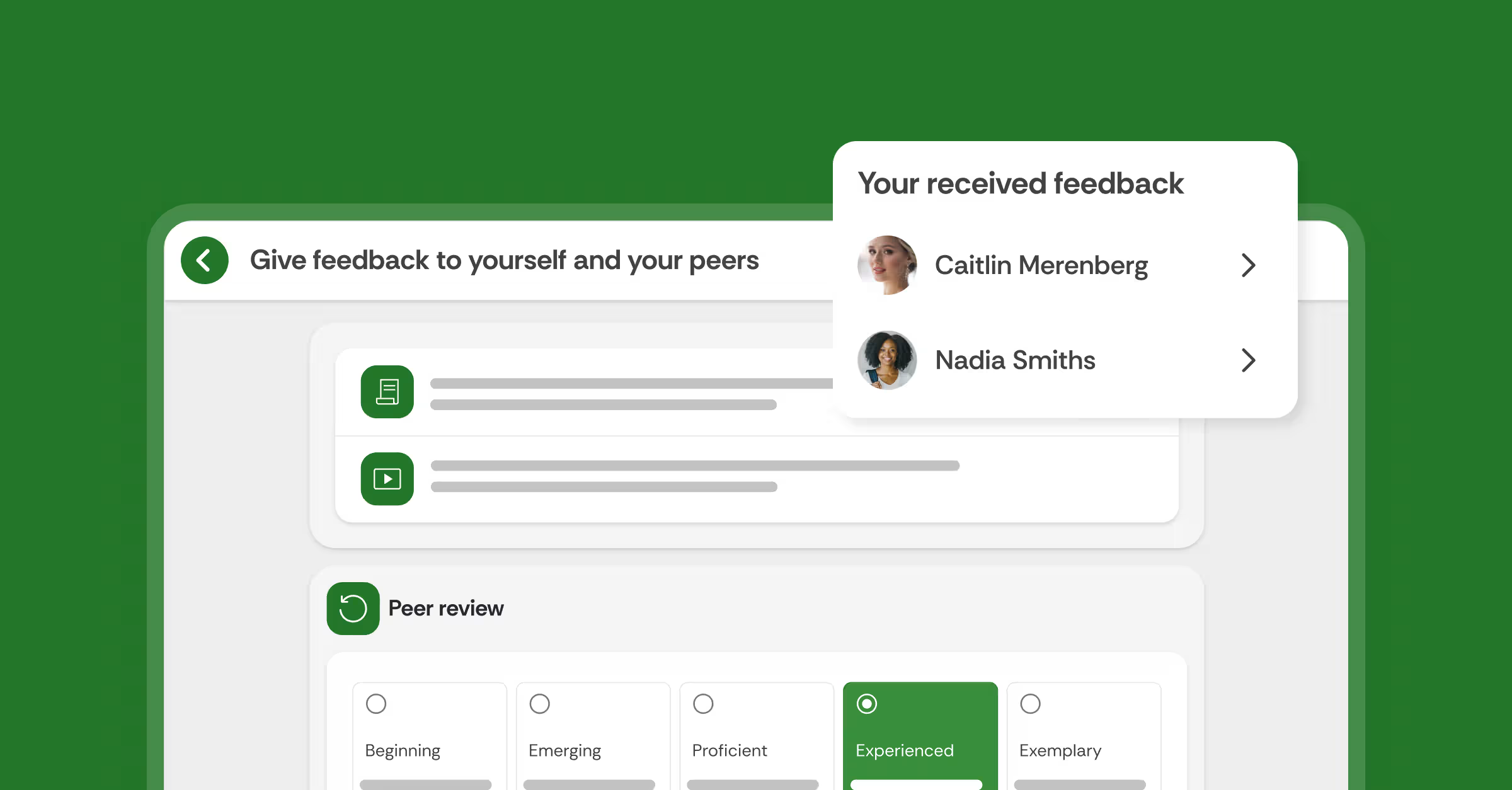FeedbackFruits Higher Ed Weekly Digest 03/08
As we promised, on a weekly basis we bring you the most popular content in the higher education community.
You can send your suggestions for future articles to Keo Mokgojoa. Enjoy!
Must-Read Articles
This week's top picks incorporate a wide range of interesting articles, from an article highlighting the best characteristics that have proven to promote student learning to an article describing the best practices for creating rubrics.
1 - Rethinking Effective Student Learning Experiences
In this article, Partrick T. Terenzizni, professor at University of Pennsylvania, offers a description of the six most effective characteristics that, through his decades of research, have proven to promote student learning. Amongst the six characteristics he elaborates on why it is important to encourage active real word learning as well as why providing opportunities to reflect is a vital research based characteristic of effective teaching and learning. He reassures the audience by stating that if faculty and administrators can apply one or even better 6 of these principles it promises to be somewhat effective.
“What day-to-day, actionable nuggets are buried in that mountain of evidence to help administrators and faculty members better educate students?”
Who: Instructors, Education Administrators.
Why: Research based strategies that have proven to be effective in cultivating as well as promoting student learning.
2 - Best Practices For Creating Rubrics and Writing Instructions For Students
In this week's second pick we at FeedbackFruits have published an insightful article that addresses the importance of rubrics and how it can benefit instructors especially during this COVID-19 crisis. This article elaborates on why rubrics are a reliable way to assess students as well as how rubrics can be used in peer feedback. Furthermore this article describes the many benefits of rubrics, the most common layout of rubrics as well as describes what ‘work criteria’ and ‘skills criteria’ is. Lastly, this article examines how a rubric can be used to assess presentations.
“Rubrics are a versatile, organized, and reliable way to assess students and let students assess each other when needed.”
Who: Instructors, instructional designers.
Why: This article offers an opportunity to explore the many benefits of rubrics for both students and teachers.
3 - Why Exams Aren’t a Good indicator of Success
This last article offers an interesting perspective on a different form of student evaluation. Education institutions such as LCI Melbourne are starting to look at more than just exam results when accepting prospective students. The institution states as well as other educational experts have argued to do away with this exam system and pose that exams don’t measure a students soft skills and are ineffective as indicators for actual success in university as well as in the working environment. Alternatively, educational institutions should look at a ‘learner profile’, instead of just looking at exam results, institutions should also take in account other skills and extracurricular achievements.
“All students learn differently and have knowledge on a variety of different topics and the system does not cater for this.”
Who: Educational management.
Why: Insight into LCI Melbourne’s new system of student evaluation.
Must-Listen Podcasts
1 - How To Assess Learning in a Pandemic
As the fall semester is fast approaching and institutions are deciding whether to adopt full online learning, a hybrid model or face - to - face models many instructors are wondering how they will be able to assess student learning. This podcast will interview Tony Crider, professor of Astrophysics at Elon University. Tony Crider has long questioned the traditional methods of grading and offers some progressive solutions on how to approach exams, essays and other and other assessments next semester.
Who: Instructors, instructional designers and educational management.
Why: Offers some insight in mechanisms that can be used to assess students during a pandemic.
2 - What matters in Edtech, The Global Education Council “Teach Back Better”
In this podcast, Sophie Bailey chats to Betts Global Education Council and reflects on the ideals/goals set in January and how the COVID - 19 crisis has allowed the council to re - adjust their goals to be more suitable under the current climate. The council elaborates in detail ways technology can influence the betterment of education.
Who: Instructors, instructional designers and educational management.
Why: This podcast offers an opportunity for listeners to gain some insight into how Betts Global Education Council has re - adjusted their 2020 ideals to be more suitable for the current crisis.
Events to Attend
1 - DT&L Conference (Distance Teaching and Learning Conference) | 3 - 7 August 2020
University of Madison - Wisconsin hosts their annual distance, teaching and learning conference. During this online conference registrants can learn from a leading community of experts with ideas and experience to share as well as networking opportunities that might prove to be fruitful.
Who: Educators, educational management.
Why: Learn from a community of experts that have years of experience in implementing distance learning.
2 - ISTE 20 Reinventing Education Together | Nov 29 - Dec 5
ISTE 20 is going virtual this year. In this online educational conference educators and instructors from around the globe will enjoy interactive content, powerful stories of inspiration, ideas from thought leaders around the world and most importantly hands on strategies to tackle the challenges at the moment.
Who: Instructors, instructional designers and educational management.
Why: This is an opportunity to gain some insight on hands on strategies that are needed to tackle the challenges at the moment.
Must-Watch Videos
1 - Teams For Education - Developing Work Ready Skill and Communities of Learning
As universities undergo the biggest digital transformation to date, it is now more necessary than ever to streamline the workloads of both students and instructors. In this insightful video, Jason La Greca, Senior Programme Manager at Microsoft, outlines how collaborative working tools can reduce the workload of both students and instructors.
Who: Instructors, instructional designers
Why: This video offers some insight into how collaborative tools can be used to make work more streamlined and effective.
Final Words
As a lot is changing in the higher education community right now, we will try our best to keep you posted with some of the most popular content that we find helpful for the community. You can subscribe to our newsletter for more exclusive content. See you next week with even more exciting findings!
















![[New] Competency-Based Assessment](https://no-cache.hubspot.com/cta/default/3782716/interactive-146849337207.png)










